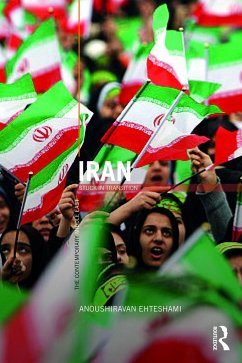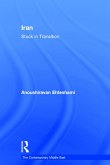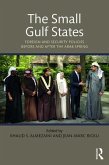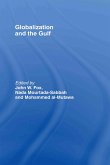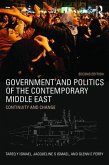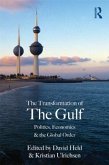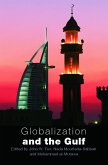This is the first comprehensive survey of the forces which have been shaping and changing modern Iran and Iran's foreign relations. In considering Pahlavi Iran, it looks at the roots of the 1979 revolution and the forces which were unleashed then. Anoushiravan Ehteshami reflects on how the country's new elite emerged and how the new political forces changed Iran, its political economy and the country's relations with the outside world.
"Iran: Stuck in Transition exemplifies the best of Ehteshami's scholarship. It is meticulously researched and heavily referenced. Any serious study of contemporary Iran must necessarily take into account Ehteshami's arguments and analyses here." - Mehran Kamrava, Georgetown University, Qatar; review in Iranian Studies
"Iran, Stuck in Transition is another fascinating intellectual enterprise by prolific Durham College University professor Anoushiravan Ehteshami. This book is an analysis of various aspects of post-revolutionary Iranian politics. The angle that Ehteshami picked for his analysis makes it unique among the intellectual works in this area. He provides a nuanced portrayal of Iranian politics that casts light on how seemingly conservative and status-quo-oriented "social and political forces in a revolutionary environment" respond to the tides of change from within and without of the polity (p. 2)." - Nima Baghdadi, Florida International University
"Iran, Stuck in Transition is another fascinating intellectual enterprise by prolific Durham College University professor Anoushiravan Ehteshami. This book is an analysis of various aspects of post-revolutionary Iranian politics. The angle that Ehteshami picked for his analysis makes it unique among the intellectual works in this area. He provides a nuanced portrayal of Iranian politics that casts light on how seemingly conservative and status-quo-oriented "social and political forces in a revolutionary environment" respond to the tides of change from within and without of the polity (p. 2)." - Nima Baghdadi, Florida International University

